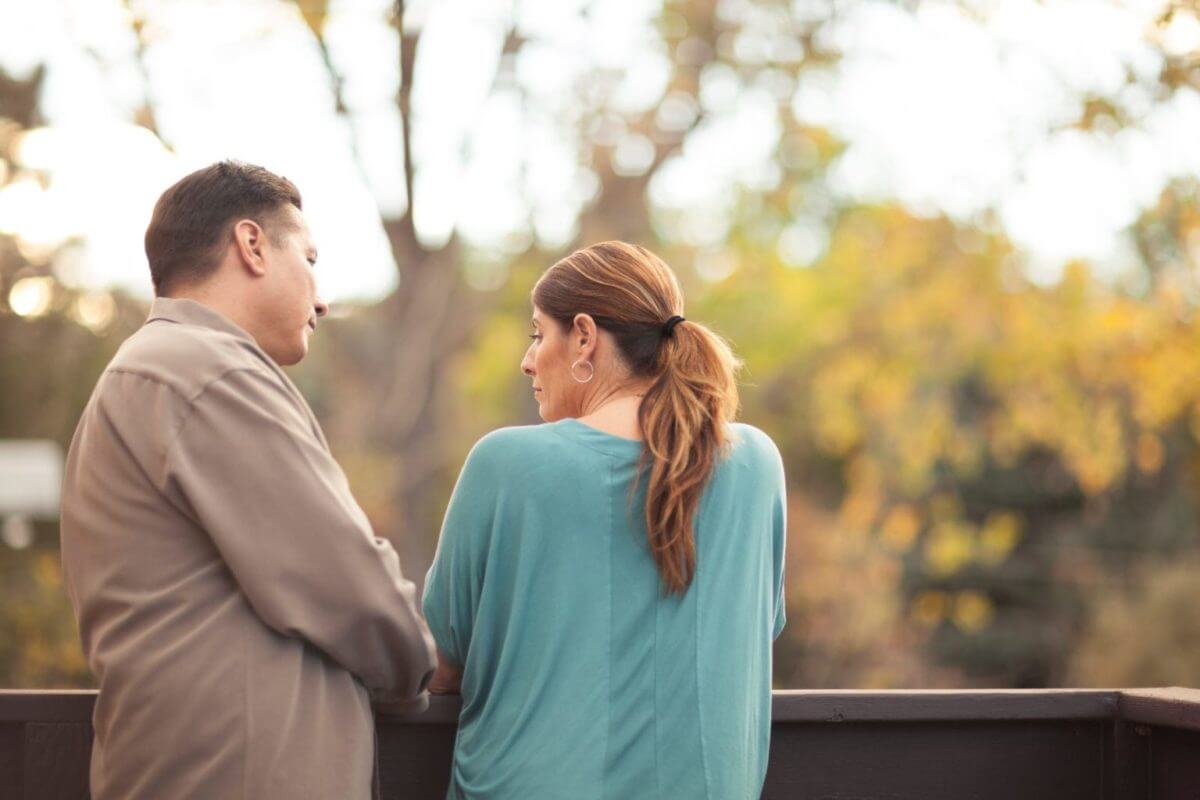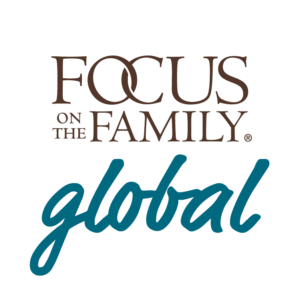During this unusual season of “quarantine fatigue” unresolved issues around forgiveness may rush to the surface.
During this unusual season of “quarantine fatigue” unresolved issues around forgiveness may rush to the surface. While every couple’s situation holds unique factors, here are some general insights around important questions you may be asking about forgiveness. We hope these thoughts can help you create greater safety and containment in your marriage relationship as you wait to attend a Hope Restored program.
Forgiveness is a cancelled debt.
When a wrong occurs, an offender’s actions, or inactions have caused someone to experience unnecessary suffering. The injustice of that offense creates a relational debt that requires payment.
Forgiveness is a canceling of that debt. It’s laying down our right to revenge—to even the score, and release the management and execution of justice to God—”Do not take revenge, my dear friends, but leave room for God’s wrath, for it is written: ‘It is mine to avenge; I will repay,’ says the Lord” (Romans 12:19).
Forgiveness sometimes gets confused with excusing.
Canceling a relational debt is not excusing the wrong done to us. It is not accepting what others have done as okay or sweeping an offense under the rug as if nothing ever happened. Forgiveness is quite the opposite. In order to truly cancel a debt, we must first face the weight of debt that a person owes us.
Forgiveness requires an awareness that something painful took place that should not have happened. This awareness is not an event, but a process—one of sitting with our own pain and anger as a result of the offense.
Rather than minimize or dismiss what happened, a healthy step toward forgiveness validates the pain and suffering. Our awareness and acceptance of our own pain and loss puts us in a place of genuinely being able to cancel what can feel like a crushing relational debt.
Forgiveness sometimes gets confused with healing.
Forgiveness and healing influence each other, but each are their own unique journey.
Forgiveness does not mean our pain no longer matters. It does not imply that our hurt and fear will instantly disappear. It takes time for the heart to heal from pain someone has caused us.
While a forgiving heart won’t dwell on wrongs done to us, our pain and fear contain multiple layers, and will still get triggered, even many years later. This does not necessarily signal an unforgiving heart. It is a sign that another layer of hurt and fear needs attention, care and healing.
Forgiveness sometimes gets confused with reconciliation.
Forgiveness is critical to the reconciliation process, and is often a beginning towards restoration, but these are two separate journeys as well. Reconciliation is a rebuilding and repairing a broken relationship and may be a long process.
We do not simply pick up where we left off as if nothing happened. Reconciliation is more like starting over and rebuilding from the ground up.
Forgiveness is for our benefit, too.
Some see forgiveness as though it were a “get out of jail free” card, with a primary benefit to the offender. A closer look at Jesus response to Peter, when Peter asked Him about forgiveness, would suggest forgiveness contains an essential benefit and purpose for the offended party:
Then Peter came to Jesus and asked, “Lord, how many times shall I forgive my brother when he sins against me? Up to seven times?” Jesus answered, “I tell you, not seven times, but seventy- seven times… (Matt 18:21-35, NIV).
At first glance, it might look as if Jesus laid a crushing burden on His followers they could never possibly carry. But Jesus offered these words to free us from the unbearable weight of unforgiveness that can suffocate and poison our hearts, minds, and bodies. He invites us to forgive for our health and wellbeing.
One effect of unforgiveness is that we allow the other person to hold power over us. Sadly, many nurture grudges and resentment, blind to how bitterness slowly poisons every aspect of who they are. As the saying goes, “Bitterness is like swallowing poison and waiting for the other person to die.”
Forgiving those who wound us sets the stage for personal healing. We may carry a scar. We may still have serious, unresolved issues of trust. Forgiveness doesn’t mean we blindly trust those who have wronged us. Trust is restored over time as those who have caused hurt consistently show by their words and actions that they are trustworthy. Whether or not trust is rebuilt, wounds can still heal.
Forgiveness has shown to have dramatic effects in a marriage relationship. The Gottman Institute conducted a study with newlyweds that followed them for 6 years. The couples who stayed married practiced making attempts at forgiveness and repairing ruptures in their relationship 86% of the time. Those who divorced attempted repair only 33% of the time.
The Power to Forgive Comes from God
We hope these thoughts on forgiveness provide a starting point as you sift through this issue in your own life and marriage. We also recognize that some offenses are so grievous that they take us to the end of ourselves—to the point where forgiveness seems unimaginable. If that is where you find yourself now, do not condemn yourself. Instead, remain honest and curious. Every journey worth traveling starts with where you genuinely are, not where you should be.
Wherever you happen to be, God provides hope. Our loving and forgiving Creator longs to do in us what we cannot do for ourselves. Because of Jesus, we can participate in a supernatural process as we surrender our wounds to God for healing and ask Him to work in us to provide the strength to forgive. Amazingly, and sometimes frighteningly, we do not have to rely on our strength alone.


















 0800 200 362
0800 200 362 support@family.org.nz
support@family.org.nz Rangiora, 7400, New Zealand
Rangiora, 7400, New Zealand